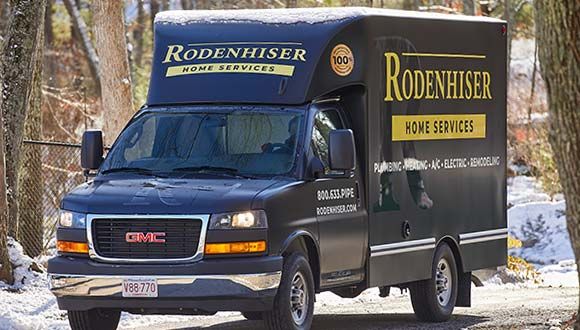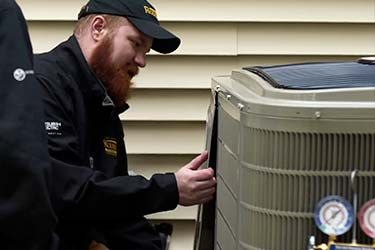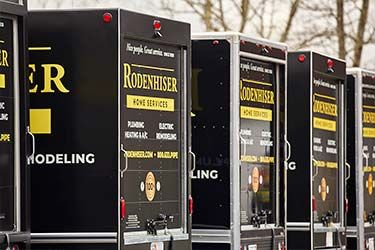
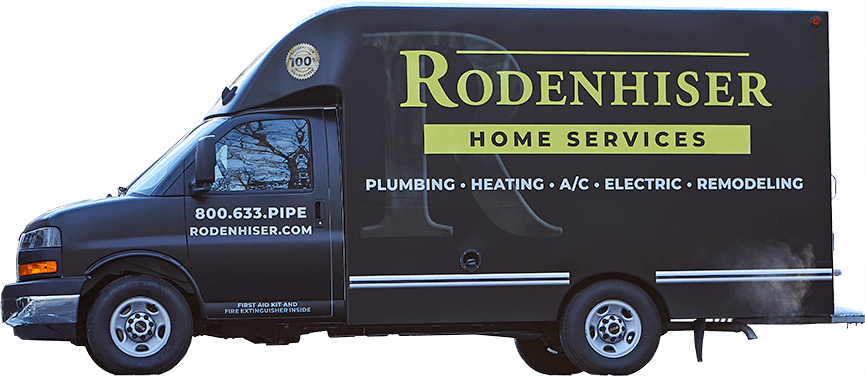
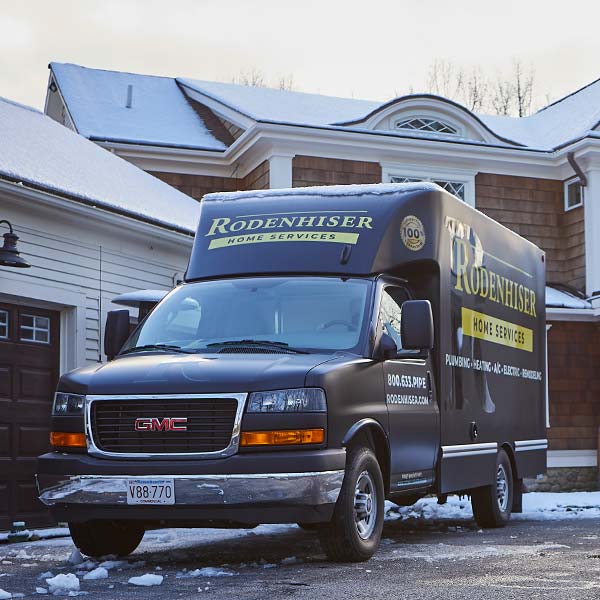

Whole house humidification systems solve much more than just static electricity problems. When you're able to control the humidity in your home, and maintain a healthy level between 30 and 55 percent, your home will be that much more comfortable.
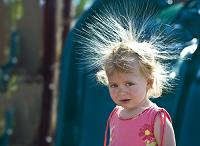
In the winter, the air outside is cooler, so it naturally contains less moisture. Inside the home,
the continual use of your heating system can cause air to become even drier, and the moisture created by showering or cooking is often not enough to restore healthy humidity levels.
Dry air causes many problems, including the following factors:
How to control the humidity in your home
A whole house humidification system can alleviate problems due to dry air. The system sends water vapor into your home's ductwork system, as it is generally installed inside of your HVAC system. So, as the furnace produces hot air, the humidifier emits water vapor, and your home is comfortably heated with moist air.
Most systems include a sensor that will monitor your home's indoor humidity levels, and adjust the moisture output accordingly.
Dry air can cause a significant disruption to your quality of life in the winter, but using whole house humidification, you can put a stop to those problems, and boost your overall home comfort. For help selecting a system, contact Rodenhiser Plumbing, Heating & Air Conditioning services today. Serving the Route 495/128 area of Boston, we're always happy to help.
Our goal is to help educate our customers about energy and home comfort issues (specific to HVAC systems). For more information about other HVAC topics, download our free Home Comfort Solutions Guide.
Static electricity image via Shutterstock





Both Alex and Patrick were knowledgeable, courteous, and professional. They made a change that might have solved the recent problem and have structured a more complete solution. We agreed to this...
Mike was thorough, thoughtful and considerate. Covered their shoes before entering, surveyed my issue and provided an explanation of the services and costs. Great Job!
Alex did a great job providing an explanation of the services provided and went out of his way to offer assistance/advice on other issues outside of our scheduled maintenance visit.
Brian did an excellent job inspecting our 18-year old boiler and replacing some of the accessory hardware that needed it, he also adjusted the outgoing hot water settings for our radiators and...
Rodenhiser is my one stop shop!!! They take care of my HVAC, electrical, and plumbing issues & are always helpful addressing any questions I may have about the systems in my house! Everyone...
Chris G. and Nick V. showed up bright and early at 8am to fix my water heater issue. They were on time, polite and were able to fix an issue that has been plaguing my house for a good year. They...
When you are looking for plumbing, electrical, heating or air conditioning in the Route 495 / 128 area, you will be delighted that you called Massachusetts' trusted choice since 1928.
With a total dedication to professional workmanship and excellent service, discover why families and businesses continue to trust Rodenhiser after generations of service
